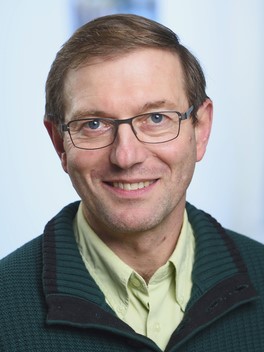Building-Integrated Photovoltaics (BIPV) enable the substitution of traditional building materials with high quality architectural designs contributing to reduce CO2 emissions.
BIPV will contribute to significant clean electricity generation in line with EU policy, as well as to the reestablishment of a stronger European industrial sector in the solar energy field. Presently, BIPV use has primarily been limited to symbolic façade and roof demonstration projects, often with standard modules added to the surface of existing buildings.
This project will help remove barriers that have previously held back BIPV implementation by supporting the industrialisation of new multi-functional BIPV elements and focusing on cost effective, break-through transformative approaches to achieve aesthetic modules.
The project is expected to contribute to the implementation of Zero-Energy Building policies. Achieving a substantial reduction to BIPV costs in the building sector provides an opportunity for the European industry to differentiate its products from standardised or otherwise, low value PV modules. It is necessary for EU manufacturers to develop Energy Positive Glazing in providing premium value solutions to the construction sector and to enable Nearly Zero-Energy Buildings.
In order to develop sustainable solutions to decrease the cost of BIPV and allow for significant market growth, the Be-Smart project is pursuing the following objectives:
Be-Smart will support the industrialisation of new materials and processes in the manufacturing of multi-functional BIPV elements. Implementing the newest “transformative approach” strategies, such as revolutionary white or coloured PV elements based on ubiquitous c-Si solar cells, is its focus. Leaner and more automated manufacturing processes will allow easier visual modification integration of the elements.
The industrial manufacturing processes, including up- and down-stream operations along the value chain, will allow for a cost reduction of up to 50% by 2020 and up to 75% by 2030 (compared to 2015).
Be-Smart will propose new roadmaps
Be-Smart will position BIPV as a construction material
Be-Smart will substantiate the results of the project
The multi-disciplinary, multi-actor consortium delivering specific expertise to advance project development. The consortium encompasses Europe from both a geographical and an economic perspective, and covers the entire innovation value chain, from research centers to technology providers, and system integrators to end-users.
This project has received funding from the European Union’s Horizon 2020 research and innovation programme under grant agreement No 818009.
Duration: 4 years (started Oct. 2018)
Website: https://www.besmartproject.eu/
Facebook: https://www.facebook.com/Besmartproject-967235566807939/
Linkedin: https://www.linkedin.com/company/18903913
Coordinator: EPFL, Labor für Photovoltaik und dünne elektronische Schichten
Partners
AIT Austrian Institute of Technology GmbH (Austria)
Association Compaz (Swiss)
Kommissariat für Atomenergie und alternative Energien (France)
CSEM (Swiss)
Issol SA (Belgium)
Institut für Energietechnik (Norway)
Immoroc SA (Swiss)
L - UP Sas (France)
Oslo kommune (Norwegen)
Padanaplast S.r.l. (Italy)
Saint-Gobain Sekurit Deutschland GmbH & Co. KG (Germany)
Solaxess SA (Swiss)
Sustainable Innovations Europe SL (Spain)
White Arkitekter Aktiebolag (Sweden)



